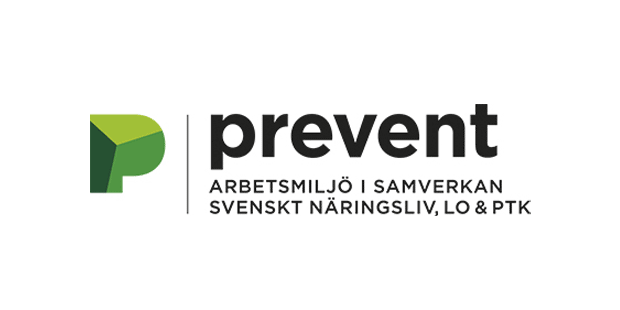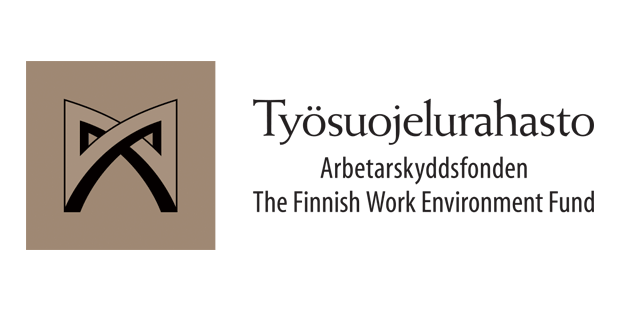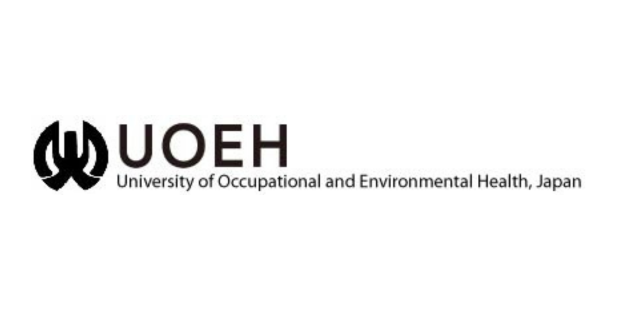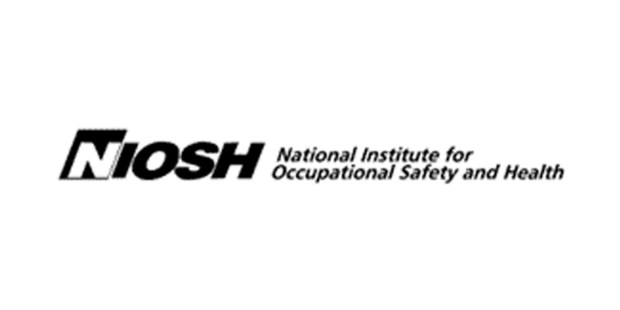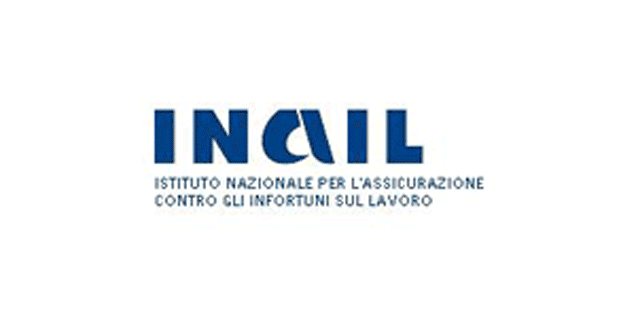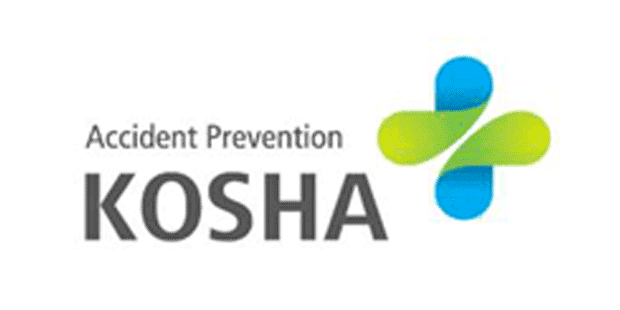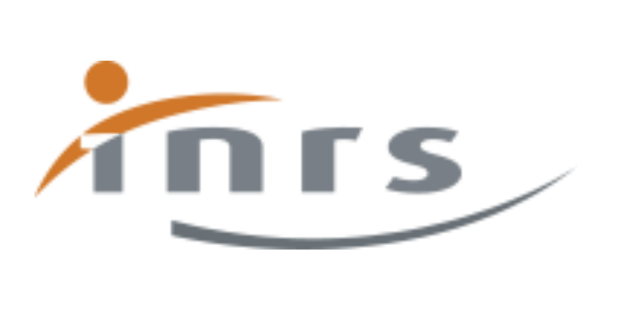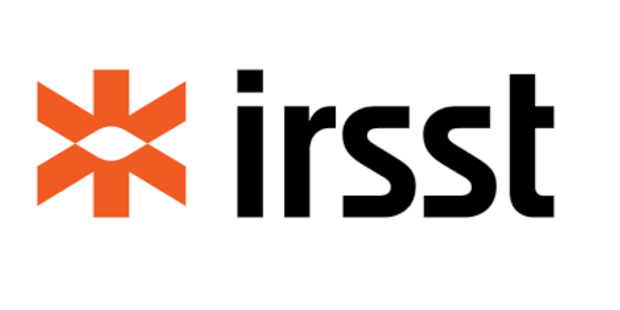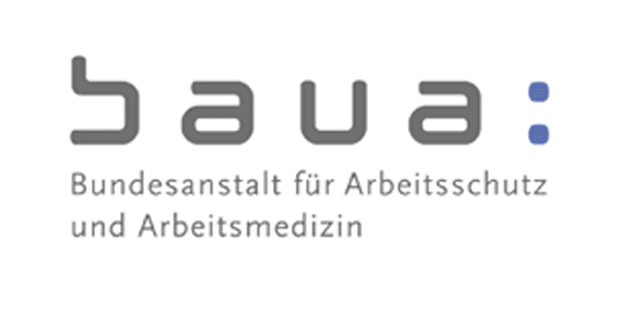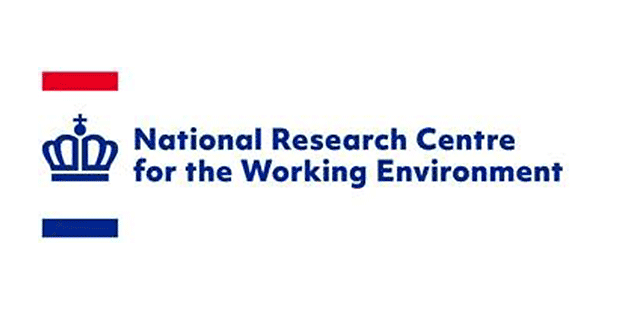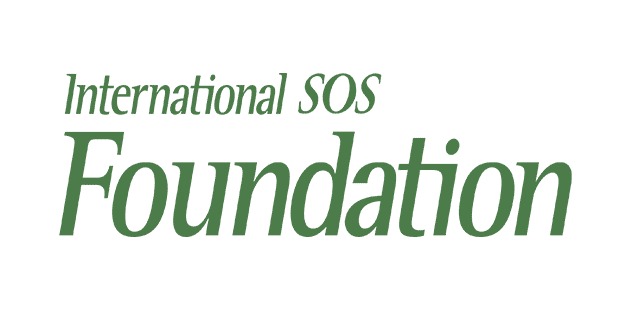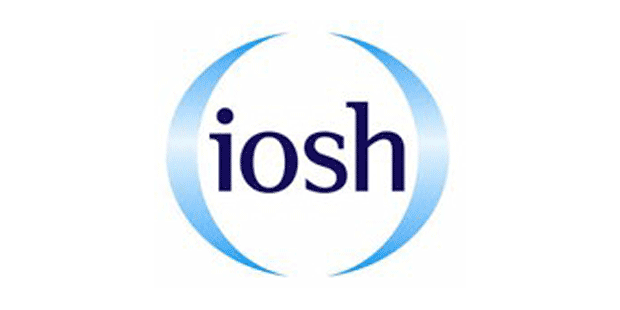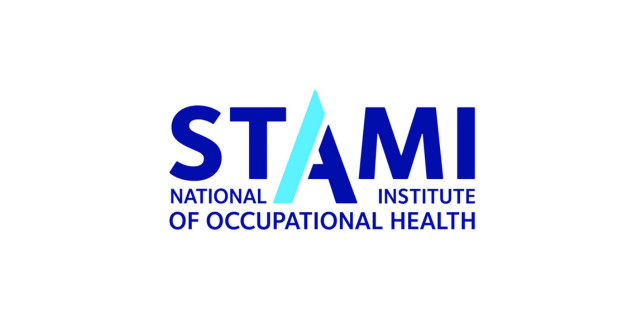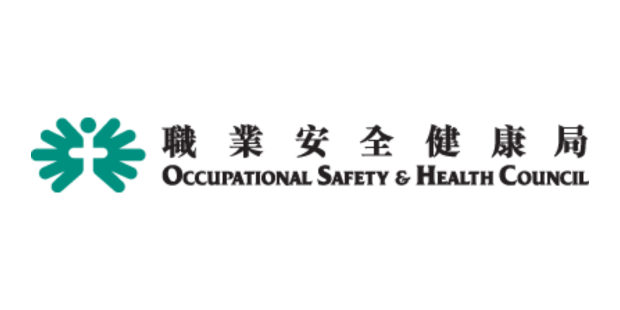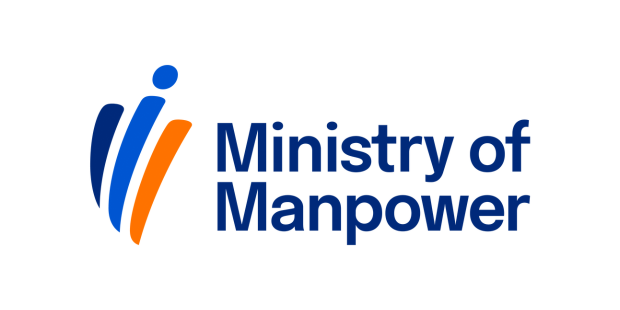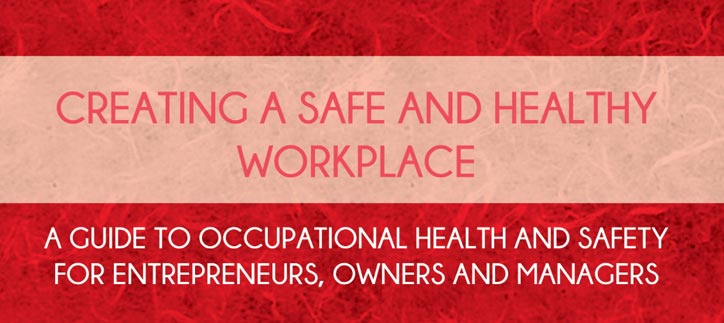Minutes of the ICOH Board Meeting
Minutes of the ICOH Board meeting 1-2 March 2002 at Palazzo Colonna, Rome, Italy
2002-05-06 Gunborg Jungeteg
| Participants: | |
| Bengt Knave, President | Kee Seng Chia, Secretary General |
| Malcolm J. Harrington, Vice President | Ruddy Facci, Vice President |
| Jean-François Caillard, Past President | |
| Board members: | |
| Tar Ching Aw | Pier A Bertazzi |
| Alain Cantineau | William Murray Coombs |
| Janine Fanchette | Tee L Guidotti |
| Kaj Husman | Annette Jörgensen |
| Kazutaki Kogi | Sverre Langård |
| Linnéa Lillienberg | Toshiteru Okubo |
| Louis Patry | Tirumalaj Rajgopal |
| Frank Rose | Gustav Schäcke |
| Jeffrey T Spickett | Hua Fu (Special consultant on China) |
| Network Officers: | |
| Richard Ennals | Max Lum |
| Others: | |
| Sergio Iavicoli, ISPESL (Host of the Mid-term meeting) |
1st March 2002
1. The President, Bengt Knave opened the meeting with a welcome to all participants. The ICOH Board was complete except of David Wegman who was not able to attend.
Bengt Knave directed special thanks to the host organisation of the Mid-term meeting, ISPESL, its leader Professor Moccaldi and the organiser Dr. Sergio Iavicoli..
Special welcome was also directed to the special ICOH consultant for China, Prof. Hua Fu, and the two ICOH Network leaders, Prof. Richard Ennals and Mr. Max Lum.
The Board meeting agenda was accepted without additions or changes.
2. The Minutes of the previous ICOH Board meeting, held in Singapore 30 August 2000 were confirmed by the Board members.
3. The Minutes of the 2nd General Assembly of ICOH, held in Singpore 1 September 2000 were also accepted by the Board. The request by Julie Roberts, USA to introduce a World Occupational Health Day was discussed. It was reported that in the South American countries the 4th October is celebrated as a Day of Occupational Medicine. A proposal to connect to that day as the World Occupational Health Day was not supported by the Board. It was decided that Bengt Knave will make a declaration at the 1st ICOH General Assembly in Iguassu, Brazil February 2003 that ICOH will not act in line with the request by Julie Roberts.
4. ICOH Scientific Committees and their activities
Malcolm Harrington informed about the ICOH Scientific Committees. All committees except three have delivered a summary for the Mid-term meeting report. The Mid-term report of the Scientific Committees had been distributed to the Board members.
Malcolm Harrington also informed that not all of the SCs will make a presentation at the Mid-term meeting 2-3 March. He had selected a number of very active SCs to present their work. 12 SCs were selected by Malcolm Harrington and two had been added on their own request. Each presenter will be allowed 15 minutes.
Malcolm Harrington posed the question if there is a need for 35 committees. There are also some new committees proposed that focus on new areas of occupational scientific interest. He suggested that merger of committees already working together would be a solution, and to use the method of creating Networks when interest in special areas is present.
This proposal was strongly supported by Kazutaki Kogi who suggested that the ICOH members should be invited to create networks instead of new committees. Malcolm Harrington commented that this is an interesting attitude from the leader of a SC that is very active!
5. ICOH Financial up-date
Kee Seng Chia distributed an up-date of the Income/Expenditure for the present triennium. He informed that the budget will be kept for the triennium 2000-2002. There has been a need to draw from the deposit held in bank since 1996 to balance the budget. There is no deficit expected in the present budget.
Tar Ching Aw asked about two items in the up-date where the outcome is much more favourable than expected:
Interest income from investment and Miscellaneous income.
Kee Seng Chia explained that the higher interest income is a result of the increase in membership fees that are deposited in the bank account and not an effect of any special investment. The income of miscellaneous is due to sales of proceedings and similar.
Frank Rose informed that the Financial Committee has investigated possibilities of investments of the ICOH deposit from various angles. There is no safe way of investing such a small amount as that of ICOH in order to increase the income. He stressed that if the expenditures are reduced the activities of ICOH will be stagnant. ICOH needs a larger membership. Frank Rose pointed out a number of issues that need to be scrutinized:
- The size of capital needed in deposit
- Inform the members about the discussion and strategy of the Board and ask for financial support for special activities
- Dangerous to ask for increase in membership fee without having very special reason
Bill Coombs and Jean-François Caillard meant that a strong campaign to enrol new members would be the best way to strengthen the ICOH economy. Sverre Langård asked if there are possibilities to obtain financial support from national organisations. Malcom Harrington supported Frank Rose's idea of asking the members for funding of special activities, very well balanced so that such a campaign does not fail.
Bengt Knave asked the Financial Committee and the Task Group on Transparency to summarize activities to increase the income at the General Assembly in Iguassu.
6. Plans for the ICOH National Secretaries
Ruddy Facci informed the Board that there is presently 52 national secretaries. The goal is 90 national secretaries who will market ICOH and occupational health worldwide. There are meetings for the national secretaries on all continents. The latest one was held in Prague, Czech Republic, for the European national secretaries. He meant that the national secretaries ought to be ICOH's third pillar.
Sverre Langård suggested that there should be system for election of national secretaries which in his opinion should give the national secretaries a stronger position and motivation to be active. There could also be national Boards in countries with a large number of members.
7. Summary of the ICOH Task Groups' activities
Finance Committee – Frank Rose commented that the strategy indicated by the Finance Committee is meant to support the ICOH Officers' actions in a controlled way. There were two proposals made by the Officers to the Board that were confirmed by the Board:
a) Transfer between various budget lines in access of 2000 CHF would require approval by the Finance Committee.
b) Only Board members can be members of the Finance Committee.
TG on Transparency within ICOH - Sverre Langård commented that the TG has not suggested any changes to its report. The Board accepted the report.
The need for changes in the Constitution and Bye-laws was discussed. Sverre Langård meant that the present Board ought to work out proposals for changes to be presented at the next Board meeting which was supported by Jean-François Caillard and Frank Rose
The Board decided that the TG on Transparency together with Jean-François Caillard and Ruddy Facci will prepare proposal of changes in the Bye-laws to be delivered to the ICOH Board for decision at the next Board meeting in Iguassu in February 2003.
TG Newsletter - Linnéa Lillienberg reported that the TG had not received comments from all the Board members. She stressed that easy reach of the Newsletter on the Website is necessary to gain enough attention by the members and others. The present format is not so good. Areas of interest would be a better lay-out. Linnéa had experienced that outdated information is difficult to remove.
A discussion followed and it was decided that the TG Newletter , the TG Homepage and Max Lum should start to work for closer cooperation between the two TGs. Max Lum will join the two TGs in this task. The result is to be presented at the next Board meeting in Iguassu.
TG Website - In addition to what is written in the TG Website report the Editor of the ICOH Website, Tar Ching Aw, reported on the frequency of visits to the ICOH Website. Most visits are made by individuals belonging to what is called US commercials. There has been very little material delivered in French. Alain Cantineau and Jean-François Caillard have examined some material translated into French.
It was decided that Tar Ching Aw continues to act as the Editor in Chief of the ICOH Website.
TG on Constitution and Bye-Laws - See TG on Transparency in ICOH!
TG on Language matters in ICOH - This TG has proposed three official languages of ICOH; English, French and Spanish. The host organisation of an ICOH Congress is free to decide to add its national language. Annette Jörgensen , chair of the TG on Languange Matters, was however not convinced that the effect of having three official languages was worth the cost. Jean-François Caillard added that a cost analysis of translation of the official documents recommended by the TG was needed. He suggested, supporting the proposal by the Officers, that volunteering ICOH members in countries with French and Spanish as mother tongue could assist with translations. French speaking ICOH members are very critical to the present development towards English as the one ICOH language.
Bengt Knave posed the question to the Board if ICOH can have just English as official language. There was no unanimous reaction pro or con this question from the Board members.
Tar Ching Aw pointed to the logistic difficulties with translation to various languages of website material. Kee Seng Chia added that the financial demand would be very high on the ICOH budget for each additional language. In this connection Sverre Langård also reminded the Board of other large language groups like chinese and mandarin. Hua Fu meant that it would be enough with English as official language and Frank Rose added the need for professional translations of high quality in each additional language.
It was decided that the language issue needed further analysis and that the Board members write to Annette Jörgensen expressing their views. Annette Jörgensen was given the task to summarize the Board members' views. The matter shall be taken up again at the next Board meeting in Iguassu.
TG ICOH Membership Fee - In addition to the proposal by the TG on ICOH Membership Fee Kaj Elgstrand (Chair of the SC on OSH and Development) had delivered an additional suggestion with just two levels of membership fees. Bengt Knave asked Sverre Langård to discuss the existing proposals with Kaj Elgstrand before the TG decides on a recommendation. Thirumalai Rajgopal stressed his opinion that up-dating of the membership fee each triennium would be recommended. Ruddy Facci commented that if there are various levels of membership fees also the congress fees must be of various levels adapted to the categories of the membership fees. Gustav Schäcke added that the ICOH membership comprises different categories of scientists and practitioners with varying economic means.
It was decided that the TG on membership Fee continues discussions with Kaj Elgstrand for reporting at the next Board meeting in Iguassu.
TG on the Code of Ethics - Jean-François Caillard presented the final draft of the revised Code of Ethics. He declared that if the Board members accept this version the Code of Ethics can be printed in the autumn of 2002. The Board members accepted the presented revised Code of Ethics. Jean-François Caillard accepted the responsibility for marketing of the new code of Ethics and promised that the work with keeping the Code of Ethics up-dated will continue.
TG on ICOH National Secretaries and Membership Recruitment - Ruddy Facci presented an outline of costs to distribute paper copies of the Newsletter to ICOH members without access to Internet. The National Secretaries should be responsible for this task. He also presented the result of a survey made among all ICOH Board members, all SC Chairs and all National Secretaries. The result of the survey was distributed to the Board for study and comments. It was decided that Annette Jörgensen and Thirumalai Rajgopal discuss the result of the survey further and report in Iguassu.
Ruddy Facci also informed that meetings with the national secretaries have been held or are planned on each continent. There is also a targeted plan for the increase of ICOH members in each country. For 2001 the targets have not been reached but the activities continue.
Ruddy Facci has asked members in some countries to elect the best member for the task of national secretary. This procedure was supported by the Board.
TG on Regional Activities - The proposal of a new Scientific Committee on HIV/Aids in the Workplace was discussed. William Murray Coombs commented that a new SC ought to cover a broader focus than HIV/Aids, e.g. epidemics. Richard Ennals added that there is also interest in starting a working group on infectious diseases. A first step is that the ICOH Congress 2003 in Brazil will include a symposium on HIV/Aids. Richard Ennals was to report on the development of the working group on infectious diseases at the Board meeting in Iguassu.
TG on Asbestos matters - Pier Bertazzi commented that this TG was expected to be the "hot" one. Fortunately this did not happen. A couple of relevant articles have been published on thehomepage.
TG report on ICOH Network on Tobacco-free workplaces - Ruddy Facci presented a draft position paper created at a meeting in Geneva 28 January 2002. The Anti-tobacco group has had four meetings. One member of the group, Trinh Vu Duc, will participate in a WHO-meeting.
The Board approved the position paper on tobacco-free workplaces for publishing on the ICOH homepage.
TG on Cooperation with WHO - The WHO Occupational Health Collaborating Centre network is showing an increased activity, and within this group ICOH has delivered a list of experts to the WHO list of experts. There will be a meeting in the network of WHO Collaborating Centres in Iguassu before the ICOH Congress 2003.
TG on Cooperation with ILO - Malcolm Harrington underlined that the ICOH position in the cooperation with ILO and WHO will not be strong if there is no priority area to focus. ILO has presented Guidelines on Occupational Safety and Health Management System that ought also to be supported by ICOH. Alain Cantineau added that the role of observer is not easy. At the ILO meetings the discussion is active between employers and employee representatives, and ICOH has no role in this discussion.
TG on Cooperation with ISSA - As reported on the ICOH homepage the President will give a keynote lecture at the ISSA Congress in Vienna in May 2002. Jean-François Caillard will chair at session at the same congress. Jean-François Caillard added that there is on-going collaboration with ISSA on the topic of health care workers.
TG on Cooperation with IOHA - Linnéa Lillienberg reported that there will be joint activities in the IOHA conference in Bergen, Norway in June 2002. A joint symposium at the ICOH Congress 2003 in Brazil is planned. Linnéa Lillienberg meant that ICOH has not shown very much interest in the cooperation with IOHA according to the President of IOHA Kurt Leitnitz. Ruddy Facci informed that he had met the IOHA past president Paul Aldershaw and discussed a number of sessions in the ICOH congress 2003. It was decided that Linnéa Lillienberg and Ruddy Facci stay in contact regarding the IOHA cooperation with ICOH.
TG on Cooperation with IEA - Kazutaka Kogi reported that the collaboration between ICOH and IEA develops, even if it is going slowly.
8. Summary of the ICOH Networks' activities
Network on International Communication and Information Technology for Occupational Safety and Health - Max Lum presented his network and reported that it collaborates with the ICOH Scientific Committees . The Conference 27-30 October 2002 in Baltimore is the largest ICOH conference in the U.S.A supported by NIOSH, Johns Hopkins University and the U.S. Army. The SC on Education & Training in Occupational Health together with this network are organising the conference.
Max Lum had created a couple of information leaflets about ICOH. His aim was to show that information leaflets can be simple and cheap to produce and still spread the message in an effective way. In the presented form the leaflets can be distributed in large quantities at every event where ICOH is involved. Bengt Knave thanked Max Lum for his commendable initiative and the Board members applauded his effort.
Network on Occupational Health Education in Developing Countries - Richard Ennals reported from an ILO meeting on Global Employment that he talked to the Chair of the meeting, Allan Larsson, about the possibility for ICOH to be integrated in a global employment network. Bengt Knave has accepted this development and looks forward to Richard Ennals' report at the next Board meeting in Iguassu.
Ian Eddington will represent ICOH at the Rio+10-Summit in South Africa in September 2002. William Murray Coombs may also be able to participate in the Summit. Bengt Knave recommended him to contact Ian Eddington for information about Eddington's documents. Max Lum informed that NIOSH is also active in South Africa. His recommendation was to find a strategy for the image of ICOH in relation to the WHO, U.N. and other international organisations. Louis Patry informed that the Forst project has been successful but funding of a new course period is presently difficult. Kazutaka Kogi stressed the need for various tools for occupational safety and health. A joint effort to exchange effective tools would be useful. Bengt Knave pointed to the Rio+10-summit as a very important event for finding ways of supporting OSH education in developing countries. Jean-François Caillard suggested that ICOH should appoint a Director for this task.
9. Election of ICOH Officers, Board, Financial Committee and Honorary Members
Kee Seng Chia informed that, if needed, ballot paper will be sent out in August 2002. He pointed to the fact that there is no demand for a minimum number of candidates for the Board to be marked at the ballot paper. He suggests, however, that at least 12 names (75% of the Board) must be marked on the ballot paper for it to be valid in the election. This was approved by the Board.
10. Discussion about the future of ICOH
Kazutaka Kogi underlined that ICOH is an organisation for scientific people, and closer cooperation with organisation of similar direction is recommended. There are the national organisations on occupational health and e.g. the Asian association on occupational health. Together we should be able to strengthen our activities targeting developing countries even with a weak economic situation. Janine Fanchette suggested networks with ICOH and the universities. William Murray Coombs asked the question why ICOH is trying to find ways of developing occupational health worldwide. He answered himself that it gives a substantial effect on life quality. His proposal was 2-3 main thrusts as ambition for ICOH. Frank Rose brought up the question of cooperation for development of working life and if ICOH seeks cooperation with e.g. trade unions and the industry. Jean-François Caillard mentioned that ICOH had been criticised for not living up to the intentions of the founders. He congratulated to the development of the homepage, but the need for a publication of our own is still alive.
Bengt Knave stressed that the Board members are free to take up negotiations with suitable publication companies. Thirumalai Rajgopal underlined that it is a strength for an organisation to have a publication of its own. He commended Max Lum's initiative to create more simple tools for spreading information about ICOH. Tee Guidotti supported this opinion because an organisation needs a place to present its positions even e.g. in legislative matters and for social influence. He added that ICOH needs to actively engage younger members especially from countries that are not strong in the area of occupational health. Tar Ching Aw joined in this statement and mentioned Indonesia as an example. Sverre Langård wished that there would be more Board members from other language groups like Russia and the Middle East for better communication in these geographic areas.
William Murray Coombs asked for a strategy for communication by email, via the homepage etc. and hoped that Max Lum could assist in creating a first draft. Many people would appreciate if ICOH could deliver bench-marking in occupational health areas. Kaj Husman suggested in this connection definition of post-modern society work. Jeffrey Spickett wanted focus on safety in ICOH's activities.
The discussion will continue within the ICOH Board up to the next Board meeting in Iguassu. Bengt Knave will summarize future conceivable strategies in the international occupational health community.
11. Business meetings and General Assemblies at the ICOH Congress 2003
The following business meetings and General Assemblies during the ICOH Congress 2003 in Iguassu, Brazil were decided:
ICOH Officers' meeting |
Saturday 22nd February 2003 | 9.00 a.m. |
| ICOH Board meeting | Saturday 22nd February 2003 | 2.00 - 6.00 p.m. |
| ICOH Board meeting continues | Sunday 23rd February 2003 | 9.00 - 12.00 a.m. |
1st General Assembly |
Sunday 23rd February 2003 | 2.00 p.m. |
2nd General Assembly |
Friday 28th February 2003 | 2.00 p.m. |
12. End of ICOH Board meeting
As there were no other business reported to the agenda Bengt Knave closed the Board meeting with thanks to the Board members for their contribution to an active Board and organisation.
As an integrated part of the Mid-term meeting programme ISPESL had organised a workshop with the title "New trends and strategies in Occupational health" in the evening of 1st March in the Grand Hall of Palazzo Colonna. Speakers at the workshop were G. Sichia, Minister of Health, Prof. Cesana, University "Bicocca" Milan, Prof. Foa, Clinica del Lavoro, University of Milan, Prof. Knave, President of ICOH and Prof. Moccaldi, Director of ISPESL. The Workshop was attended by about 600 people.
2nd March 2002
The programme of the second day constituted a joint meeting with the ICOH Officers, the ICOH Board and the ICOH Scientific Committee Officers. It meant an audience of about 70 people.
1. The President of ICOH, Bengt Knave, opened the meeting by expressing his gratitude to Dr. Moccaldi, the Director of ISPESL and the host of the meeting, for the generosity shown ICOH in organising the meeting in the beautiful palace Palazzo Colonna. Bengt Knave also included Dr. Sergio Iavicoli of ISPESL in the gratitude. Sergio Iavicoli is the key person in all parts of the preparations for the Mid-term meeting.
2. Introduction of ISPESL
Dr. Moccaldi presented his instititute ISPESL, National Institute for Occupational Safety and Prevention.
3. Presentation of the Collegium Ramazzini and its collaboration with ICOH
ICOH has lately strengthen its collaboration with Collegium Ramazzini. Dr. Fiorella Belpoggi, Deputy Director of the Collegium Ramazzini, was invited to present the history and plans of the Collegium.
The Collegium was founded 1982, 300 years after Ramazzini, to study occupational medicine around the world. The Collegium is managed by an Executive Committee. The membership comprises presently 182 people. The General Secretariat is located to Centeviglia, Italy where permanent localities are given to the Collegium. Dr. Belpoggi forwarded greetings from Professor Philip Landrigan, President of the Collegium and Dr. Soffritti, Vice President.
Dr. Belpoggi expressed her gratitude to Bengt Knave for the invitation and for the meeting held in Stockholm in October 2001 with Prof. Landrigan and Dr. Soffritti. She confirmed that there are a number of areas of mutual interest. Invitation to the Collegium to participate actively in the ICOH Congress 2003 in Iguassu, Brazil had been gratefully accepted. The Collegium looks forward to interesting cooperation in future.
Bengt Knave expressed ICOH's appreciation of the interest for more active collaboration between the Collegium and ICOH. For distribution of information about the planned meeting on Precautionary measures the ICOH membership list will be sent to the Collegium Ramazzini.
4. Future ICOH Congresses
ICOH 2003 - Ruddy Facci informed about the development of the next ICOH Congress, to be held in Iguassu, Brazil in February 2003. About 4000 participants are expected.
Réne Mendes, the Chairman of the Scientific Committee, presented a summary of the scientific program. The keynotes will be interpreted to four languages, English, French, Portuguese and Spanish.
Bengt Knave thanked the Organising Committee of the ICOH Congress 2003 for their successful work. This Congress seems to be the largest ICOH Congress so far.
ICOH 2006 - Prof. Vito Foa declared that the ICOH Congress 2006, celebrating the centenary of the start of ICOH, will focus the renewal of the commitments in occupational health in the new century.
ICOH 2009
- Japan has delivered a bid for the ICOH Congress 2009. Prof. Toshiteru Okubu made a video presentation of the Japanese choice of venue.
- Bengt Knave informed about another bid for the ICOH Congress 2009 by the Korean members.
ICOH 2012 - Interest to bid for the ICOH Congress 2012 has been mentioned by Mexican members.
5. Other ICOH activities
Celebrations for the Centenary of the Milan Institute of Occupational
Medicine (Clinica del Lavoro, Luigi Devoto), were presented by Professo Antonio Grieco. Celebrations were arranged for the two days following the Mid-term meeting and the ICOH Officers and Board were represented.
The Forst Project - Occupational health Distance Education Training Program in French Africa was presented by Louis Patry who is deeply involved in the accomplishment of the project. He also distributed a project description. Gaining from the experience of the Forst Project a similar activity is under planning for South America. Colombia, Chile and Argentine will be in focus.
6. Summary of ICOH Task Groups' and Networks' activities
In order to give the Scientific Committee Officers insight in the on-going work by the ICOH Board and the newly established ICOH networks, a number of the activities were presented.
Network on International Communication and Information Technology for Occupational Safety and Health. Max Lum declared that the aim of this Network was to find ways and means to reach audiences inside and outside the ICOH membership in new ways. To reach that goal the Network collaborates closely with the SCs. Presently a conference on Best Practices in Occupational Safety and Health, Education, Training and Communication is planned to be held in Baltimore, Maryland, USA 27-30 October 2002 as a joint activity with the SC on Education and Training in Occupational Health. An unusual and interesting addition to the conference is the pre-conference workshop on Crisis communication with participation by the US Army.
May Lum presented also a couple of information leaflets created as examples of ICOH fact sheets. This type of fact sheets could support the distribution of information about the ICOH mission, activities and goals. He offers this service to ICOH and its SCs.
Network on Occupational Health Education in Developing Countries - Richard Ennals informed about the recent and present collaboration with the Ministry of Health in South Africa to implement a pilot education in Occupational Health Nursing that was built on distant learning with intervening workshops. A new collaboration in education of all types of occupational health staff like physicians, hygienists, safety engineers etc. is being planned in Durban.
Code of Ethics - A working group led by Jean-François Caillard has worked on a revision of the ICOH Code of Ethics. The final edition was presented and approved at yesterday's Board meeting.
Election of ICOH Officers and Board - The closing date for nomination of persons to the election has been extended to 31 March 2002. Kee Seng Chia reported it had been decided to demand at least 12 names to be marked on each ballot paper to accept it as valid.
Task Group on Transparency - Sverre Langård informed that the TG together with Jean-François Caillard and Ruddy Facci will present proposals for changes in the Bye-laws to the next Board meeting to be held in conjunction with the ICOH Congress 2003.
Task Group on National Secretaries and Membership Recruitment - Ruddy Facci presented the activities that he had started as the new Vice President responsible for the National Secretaries. Meetings with the existing National Secretaries have been and will be held in all the continents. There are presently 52 National Secretaries. Some of them inactive. His goal is to have 90 National Secretaries. Ruddy Facci had also distributed a survey to the members of the Board, the SC Chairs and the National Secretaries. The response rate was not good with a total average of about 30%.
The survey focussed five questions: Positive points of being an ICOH member, Expectations, Increase in income, Membership fee (ideal) and Communication/Website. It was decided that
Ruddy Facci, Annette Jörgensen and Max Lum should analyse the replies and make a summary of the contents.
Task Group on Membership Fees - Sverre Langård, Ruddy Facci and Kaj Elgstrand will discuss the various proposals and present a recommendation.
7. Other business
A letter had been addressed to the President of ICOH, the ICOH Board and the Chairs of the ICOH Scientific Committees by the Presidents of the Italian Society of Occupational Medicine and Industrial Hygiene (SIMLII), the Italian Association of the Societies for Prevention (CIIP) and the Italian delegate of ICOH about a recent change in the Italian legislation to extend to specialists in occupational hygiene and forensic medicine the qualification to serve as "competent physicians" in occupational medicine. The Italian organisations sought the support of ICOH to protest against this new law. The letter was presented by Dr. Manno. An active discussion started. Some of the comments were:
- the costs will be reduced but also the quality of occupational medicine
- this is a tendency around Europe and we need to enlighten our European colleagues
- we should involve all types of EU bodies
- the same tendency is found also in Canada. It seems to be a global trend
- this is not just a threat to the specialist in occupational medicine, but in the end also to the workers
- ICOH ought to take a strong standpoint and support work and health.
- it is important that many bodies approach the Italian government in this issue
- this is the situation when the ICOH Code of Ethics should be emphasized
- ICOH is well placed to comment this development leaning on the many types of existing specialists within ICOH.
There was also one voice of a different opinion. Ragnar Rylander suggested that a meeting should be convened with invitations to the governmental bodies.
Dr. Manno declared that there was already a number of actions taken against the new law. The protesting group will not give up. Experience from other areas has shown that meaningful actions are to establish rules for accreditation. There is even a possibility to harmonise different standards.
Bruce Fowler meant that ICOH ought to support Dr. Manno and the protesting group in a progressive manner and deliver proposals for standards.
A reply will be written by Bengt Knave for revision by the ICOH Officers and Board before it is delivered.
Ragnar Rylander proposed the formation of a ICOH working group comprising Hua Fu, Maurizio Manno, Bruce Fowler and himself with the task to suggest criteria for people who shall work in occupational medicine. Piet Kroon offered to involve the Scientific Committee on Education and Training in Occupational Health in the work. Ragnar Rylander was asked by Bengt Knave to deliver a name of the working group.
This concluded the part of the Mid-term meeting involving ICOH Officers, ICOH Board Members and ICOH Scientific Committee Officers. The programme of Saturday afternoon 2nd March and morning of 3rd March was allocated for discussions about the activities of the scientific committees with Professor Malcolm Harrington as chair and Jayne Grainger as secretary.


